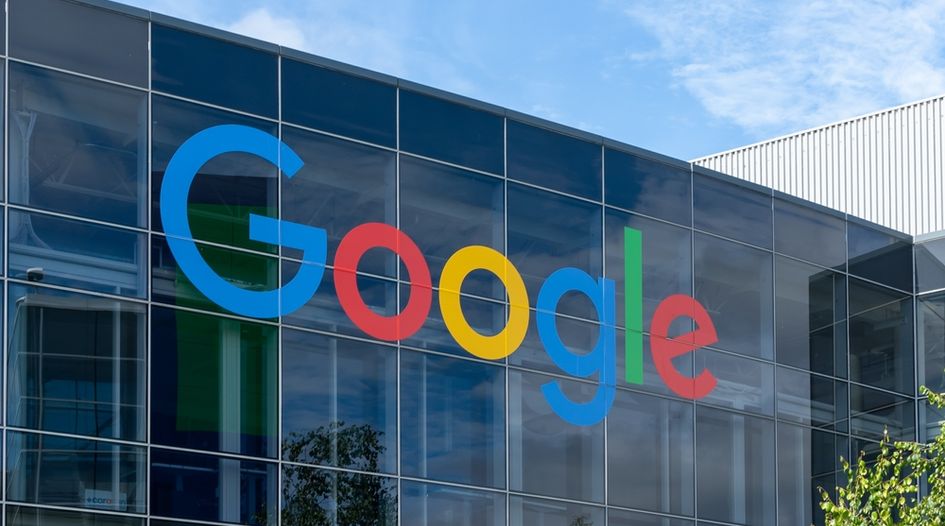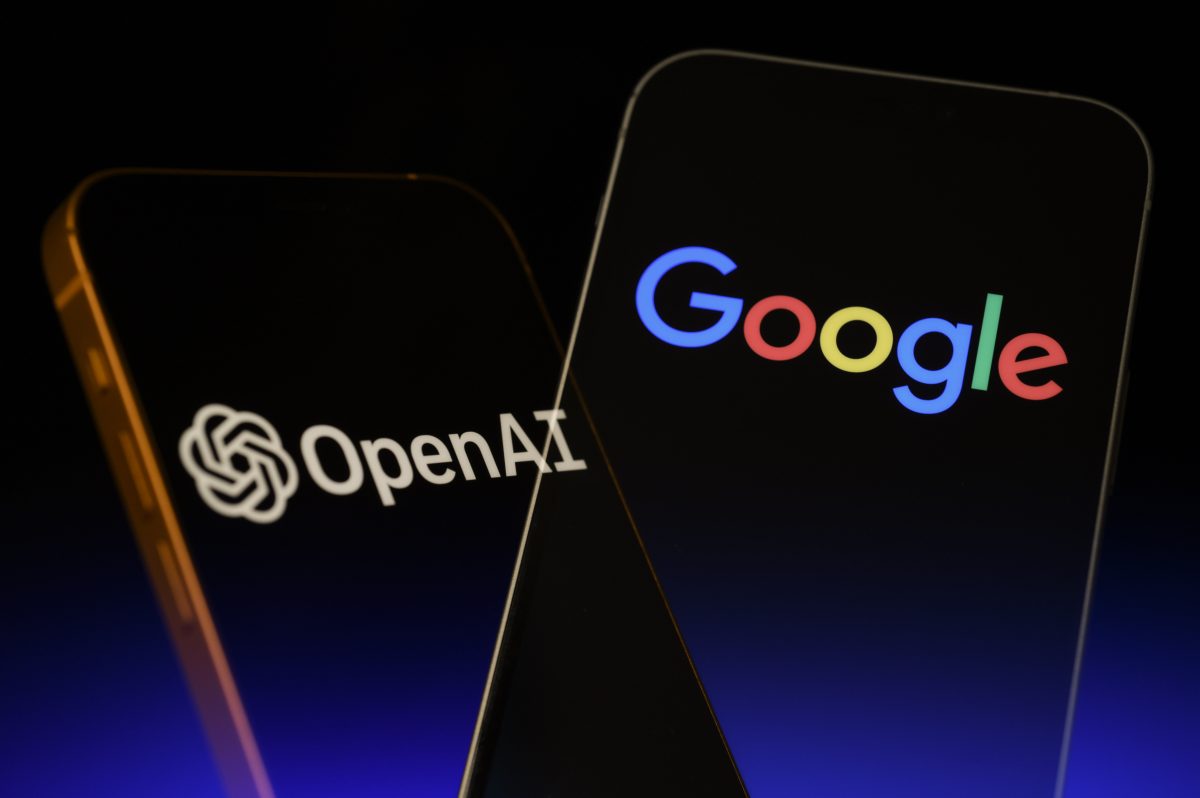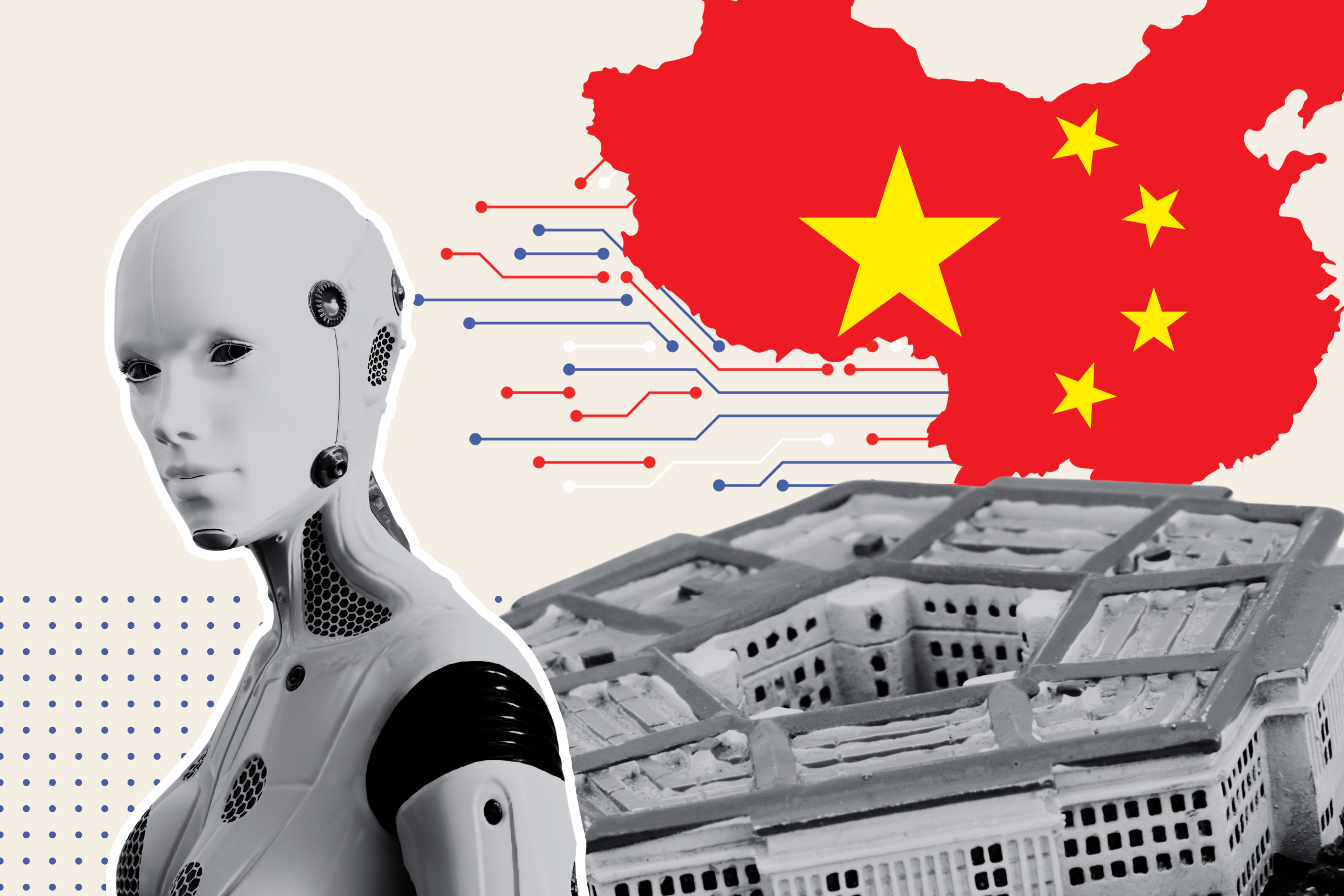










A former Google engineer named Linwei Ding, also known as Leon Ding, has been formally indicted in California for allegedly stealing trade secrets about artificial intelligence from Google's parent company, Alphabet. Ding, a Chinese national, was apprehended at his residence in Newark, California on Wednesday morning [812946af].
According to a report by Shinobi Enterprises, Ding began stealing Google's trade secrets in artificial intelligence in May 2022 and conducted periodic data transfers until May 2023. He accumulated over 500 files representing 10-15 years of research. In June 2022, Ding accepted the position of Chief Technology Officer at Rongshu, a Chinese AI technology company. He stayed in China from October 2022 to March 2023, participating in investor meetings to raise capital for Rongshu. In May 2023, Ding founded Shanghai Zhisuan Technology Co. and pitched the company to Miracle Plus's venture capital investor conference in November 2023. Ding was caught in early December 2023 uploading additional files to a different personal Google account in China. He copied data from source files to Apple Notes, converted them to PDF, and uploaded them to a Google Drive account. Ding made repeated trips to China, lied to Google management, and used open emails and WeChat for communications. He disclosed the AI trade secrets to Zhisuan's WeChat investor group and expressed the desire to develop a platform for China's national conditions [b34e88e2].
The indictment against Ding comprises four counts of theft of trade secrets. The stolen data includes specifics regarding chips, systems, and software crucial for operating a supercomputer with advanced machine learning and AI capabilities. Ding is alleged to have initiated the thefts three years later, coinciding with discussions about his potential appointment as chief technology officer for a burgeoning Chinese tech startup [812946af].
Ding's actions came to light after he resigned from Google on December 26, 2023, and three days later presented himself as the CEO of a Chinese company at an investor conference in Beijing. Surveillance footage revealed that another employee had scanned Ding's access badge at the Google office in the US to make it appear that he was in attendance when he was actually in China. Google suspended his network access, locked his laptop, and discovered unauthorized uploads. In January 2024, the FBI served a search warrant at Ding's home in Newark, California and seized his electronic devices, finding over 500 unique files of confidential information stolen from Google [41ac9311].
Ding was allegedly planning to use the stolen trade secrets to aid Chinese firms. He had been in discussions about becoming the chief technology officer for a Chinese tech startup and had initiated the thefts around the same time. If found guilty, Ding could face a maximum sentence of 10 years in prison along with a $250,000 fine for each criminal count [812946af].
The charges against Ding highlight the illicit transfer of sensitive technology and the potential risks it poses. The case adds to the mounting concerns about the loss of advanced technologies to China and the need to protect national security. The US Justice Department has announced the arrest of Ding, and he could face a maximum penalty of 10 years in prison and up to $1 million in fines [884a67c5].
This case also underscores the importance of addressing the threat of foreign adversaries receiving sensitive US research. Lawmakers are demanding answers from the Pentagon and the National Science Foundation regarding the funding of Chinese-born scientist Song-Chun Zhu, who received over $30 million in US grants for advanced AI research. They are questioning why concerning signs of potential technology transfer to China were ignored and calling on universities to take responsibility in addressing the threat of foreign adversaries receiving sensitive US research. The Pentagon and others are urged to stop funding scientists who transfer knowledge to China. The NSF is implementing measures to address foreign influence, while the Chinese embassy in Washington denies accusations of technology theft. The lawmakers are demanding complete documentation from the Pentagon on all grants given, a breakdown of Zhu's research, and a list of all recipients of DoD research grants currently living in China. The case highlights the need for a comprehensive review of technology collaboration and transfer policies [61b92fa0].
Google has stated that the company has strict safeguards in place to prevent the theft of its confidential commercial information and trade secrets [af1da970].
According to the US Department of Justice, Linwei Ding, a former Google engineer, has been accused of stealing confidential AI technology from Google. Ding was arrested on Wednesday and is alleged to have shared the stolen information with Chinese companies. The indictment against Ding also reveals that he ran a secret startup in China while working as a software engineer at Google. The stolen information includes over 500 files detailing Google's AI data center hardware and software. Ding is accused of arranging for a colleague to badge in for him at Google offices in the US to conceal his activities in China. If convicted, Ding could face a maximum sentence of 10 years in prison and a $250,000 fine for each count of theft of trade secrets [a55d9abc].
Linwei Ding, a former software engineer at Google, has been charged with stealing artificial intelligence trade secrets from the company while secretly working with two companies based in China. Ding, a Chinese national, was arrested in Newark, California, on four counts of federal trade secret theft. The case was announced by Attorney-General Merrick Garland, who has warned about the threat of Chinese economic espionage and national security concerns. Google confirmed that Ding had stolen numerous documents and referred the matter to law enforcement. The indictment alleges that Ding began uploading hundreds of files into a personal Google Cloud account two years ago and later accepted a position as chief technology officer at a Chinese technology company. He also founded and served as CEO of a China-based start-up company. Ding resigned from Google in December 2023 and three days later presented as CEO of one of the Chinese companies at an investor conference in Beijing. [737a586d].
Linwei Ding, also known as Leon Ding, a former Google software engineer, has been charged with four counts of trade secret theft for stealing detailed information about Google's hardware infrastructure and software capability for training AI models. Ding allegedly leaked this information to two Chinese firms, with the intention of gaining leverage over cloud rivals Amazon and Microsoft and reducing reliance on GPUs from Nvidia. If convicted, Ding could face up to 10 years in prison and a fine of $250,000 for each count. The charges were announced at a press conference by Attorney General Merrick Garland and FBI Director Christopher Wray, who emphasized the importance of protecting American innovation and preventing the theft of technology and trade secrets. The case comes after the Biden administration established a Disruptive Technology Strike Force to prevent advanced technology from falling into the hands of countries like China and Russia. AI is a top enforcement priority for the strike force. Ding was hired by Google in 2019 and allegedly began stealing confidential files in 2022 while also being considered for a senior position at a Chinese tech startup. Google became suspicious and confiscated Ding's laptop in January 2024, one day before he intended to resign. [4838578a].
In addition to the charges against Ding, German prosecutors have also charged two individuals for allegedly violating EU sanctions against Russia. The charges are part of a broader effort to enforce sanctions and prevent the illicit transfer of sensitive technology. The case highlights the importance of sanctions enforcement and the need to protect national security [22620315].
Chinese national Ding Linwei, a former Google engineer, has been indicted for allegedly stealing trade secrets related to artificial intelligence (AI) from Google's parent company, Alphabet. Ding was arrested at his residence in Newark, California on Wednesday morning. The indictment includes four counts of theft of trade secrets against Ding, who is accused of stealing data on chips, systems, and software used in a supercomputer with advanced AI capabilities. The thefts allegedly occurred around the same time Ding was being considered for the position of chief technology officer at a Chinese tech startup. If convicted, Ding could face up to 10 years in prison and a $250,000 fine for each count. The case highlights concerns about the transfer of sensitive technology and the need to protect national security [812946af].
The charges against Ding underscore the risks associated with the illicit transfer of advanced technology and the loss of such technology to China. The case also raises questions about the funding of Chinese-born scientist Song-Chun Zhu, who received over $30 million in US grants for advanced AI research. Lawmakers are demanding answers from the Pentagon and the National Science Foundation regarding the potential transfer of technology to China and calling for a comprehensive review of technology collaboration and transfer policies. The case highlights the need to address the threat of foreign adversaries receiving sensitive US research and the importance of protecting American innovation [61b92fa0].
Google has stated that it has strict safeguards in place to prevent the theft of its confidential commercial information and trade secrets [af1da970].
The case against Ding also highlights the ongoing efforts to prevent the illicit transfer of sensitive technology. German prosecutors have charged two individuals for allegedly violating EU sanctions against Russia, emphasizing the importance of sanctions enforcement and protecting national security [22620315].
A former CEO of AI recruiter Joonko named Ilit Raz has been charged with securities fraud and wire fraud for allegedly defrauding investors of over $27 million. Raz, an Israeli citizen, founded Joonko, which claimed to use AI to recruit job candidates for diversity, equity, and inclusion hiring goals. The Southern District of New York (SDNY) alleged that between 2021 and 2022, Raz falsely claimed that Joonko had customers including a major credit card company, a sports apparel company, an online travel business, and a major fashion brand, when in fact none of them were customers. The SEC also alleged that Raz inflated the number of Joonko's customers and fabricated testimonials. Joonko raised approximately $27 million from investors during that period and filed for bankruptcy in May. Raz faces up to 40 years in prison and potential penalties from the SEC [3bae52b8].